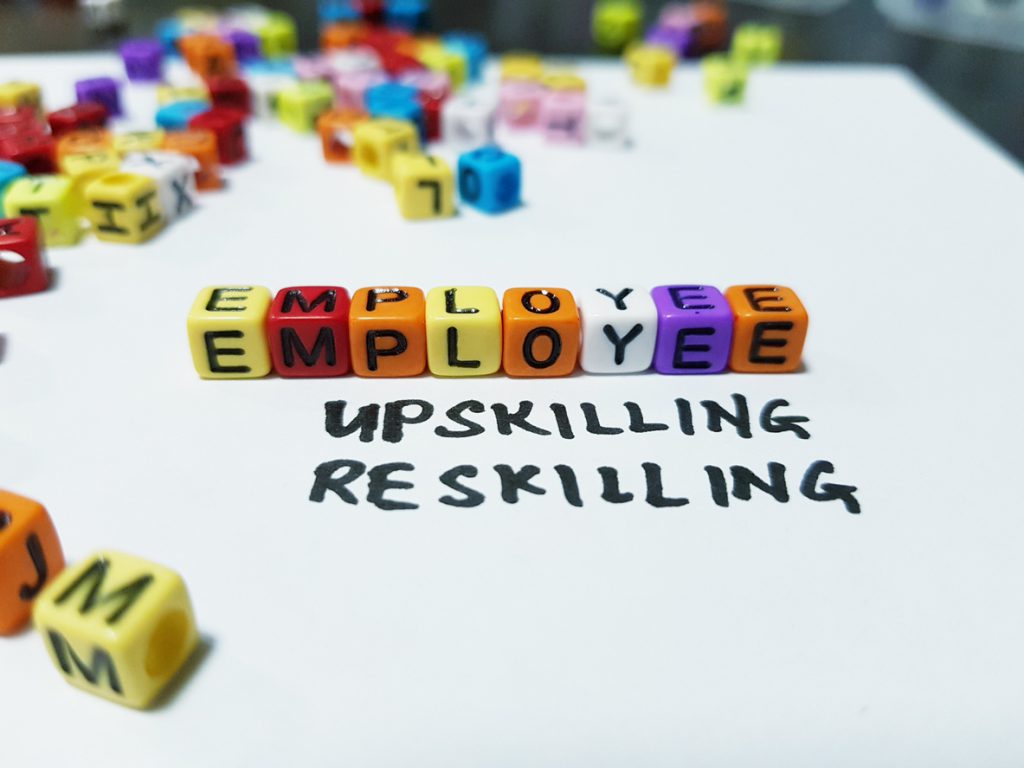Tapping unions’ potential for training and upskilling

Skills development, in particular Vocational Education and Training and Lifelong Learning, are essential to enhance workers’ capabilities to participate fully in decent work and socio-economic inclusion. Young people and workers at all levels should have the chance to acquire skills that will help them to obtain employment, to keep a job, and to manage employment transitions.
Trade Unions can effectively advocate for creating quality training and lifelong learning opportunities. In fast changing labour markets, the nature of jobs will change. Technological innovations will affect the tasks and skills compositions of most jobs, generate new occupations and transform the demand for skills of young and older workers. Skills updating and upgrading is essential for workers not to become obsolete but to remain qualified.
Professional competences play an important role for company productivity and competitiveness. Skills are therefore an important factor for trade unions when negotiating better work conditions. There is hard evidence that the willingness of companies to train and the participation of workers in company training increase with the rate of unionisation.
In Malta little efforts have been made to engage unions in the upskilling and training of workers. As a matter of fact, to date the National Skills Council which has been revamped and given executive powers, does not include representatives from trade unions, though employers are represented through the Malta Chamber of Commerce, Enterprise and Industry.
In other countries trade unions are actively involved in training programmes, but for some reason this practice is not being followed in Malta. UHM Voice of the Workers has been harping on the matter in various fora for years. Unions can play a very important role in the wake of the fact that they represent thousands of workers across various sectors. EU funds could play an important role to explore such opportunities
Workers’ organizations have a clear role to play – to ensure that workers and unemployed people acquire the knowledge, skills and competencies to get jobs, to keep jobs and to succeed in the labour market. In turn, this contributes to reducing social and economic inequality; building a more inclusive workforce; and enhancing workers’ ability to participate fully in decent work and human development, promoting a rights-based approach trough social dialogue and collective bargaining.
